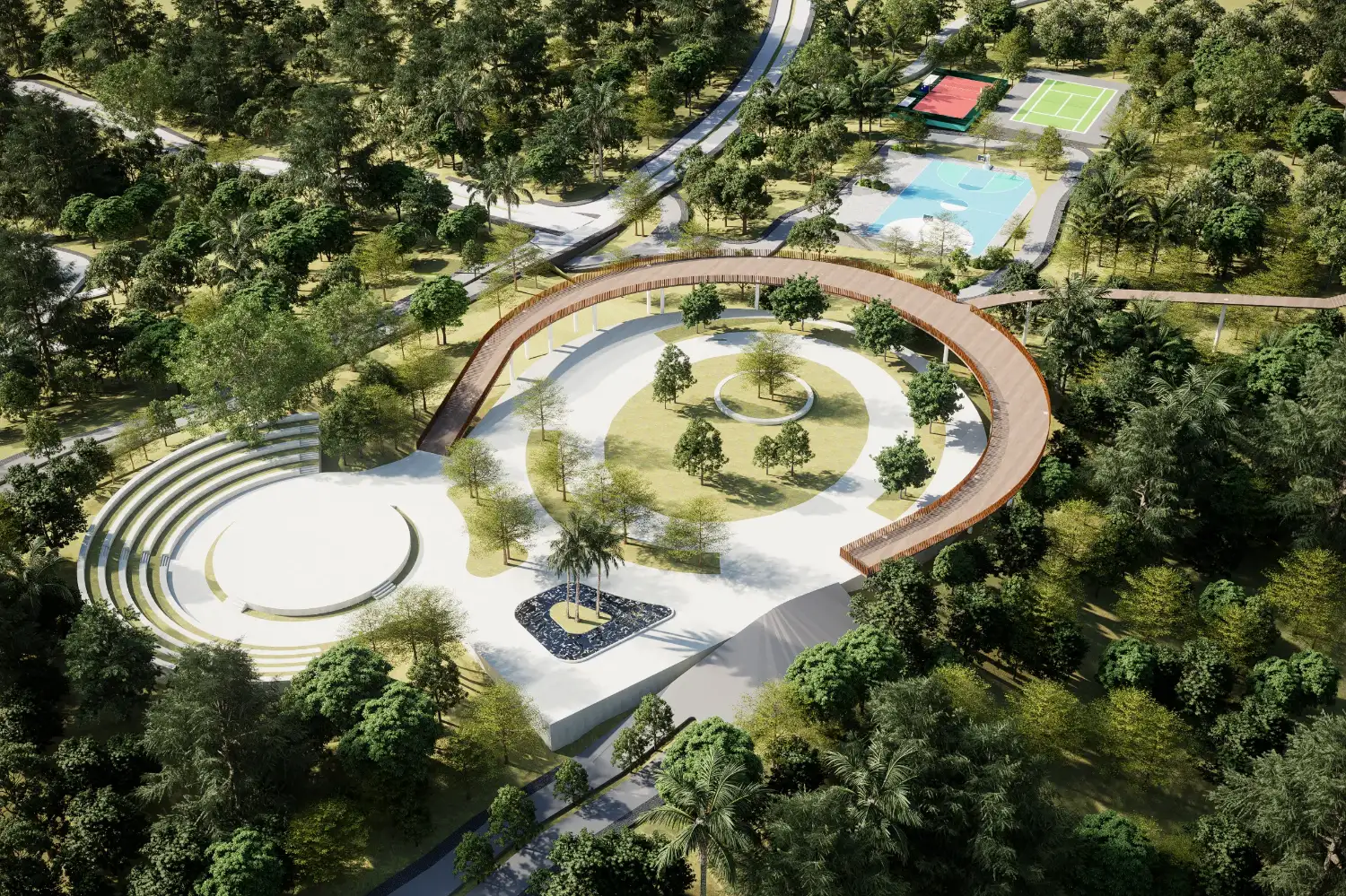
In recent years, eco-luxury travel has emerged as a prominent trend in the Philippines, appealing to travelers who seek both luxury and sustainability in their vacation experiences.
The Concept of Eco-Luxury Travel
Eco-luxury travel in the Philippines combines ecotourism principles—such as conservation, community involvement, and sustainability—with the comfort and high-end amenities typically associated with luxury travel. This concept has gained popularity as travelers become more conscious of their environmental impact and seek meaningful and authentic experiences that also respect and benefit local communities.
Current Trends in Eco-Luxury Travel
Luxurious eco-resorts are at the forefront of eco-luxury travel in the Philippines. They offer upscale accommodations while maintaining a solid commitment to environmental sustainability. Examples include Amanpulo in Palawan and Nay Palad Hideaway in Siargao, which provide guests with private villas, personalized service, and eco-friendly practices such as waste reduction and renewable energy use.
There is also a growing demand for wellness and nature retreats that promote relaxation, rejuvenation, and holistic wellness in natural surroundings. The Farm at San Benito in Batangas exemplifies this trend by offering spa treatments, organic cuisine, and wellness programs in a lush, eco-friendly environment. In response to eco-luxury travelers’ interests, culinary experiences highlighting local, sustainable, and organic ingredients have become increasingly popular. Resorts and hotels offer farm-to-table dining experiences and cooking classes showcasing traditional Filipino cuisine.
Moreover, many eco-luxury travelers in the Philippines seek adventurous experiences that are sustainable and respectful of local cultures. Activities such as snorkeling in marine reserves, hiking in protected areas, and cultural exchanges with indigenous communities are becoming critical components of eco-luxury travel experiences.
Future Directions for Eco-Luxury Travel
Looking ahead, the future of eco-luxury travel in the Philippines will likely see an expansion of eco-friendly practices among hotels and resorts. This includes adopting renewable energy sources, reducing single-use plastics, and implementing sustainable building and design practices to minimize environmental impact.
There will also be an increased focus on community involvement and cultural preservation. Eco-luxury resorts will collaborate with local communities to offer authentic cultural experiences and support local livelihoods through sustainable tourism practices.
Technology and innovation will play a significant role in enhancing the eco-luxury travel experience. From smart energy management systems to eco-friendly transportation options, resorts will innovate to reduce their environmental footprint while enhancing guest comfort and convenience.
Furthermore, education and awareness initiatives will be essential in promoting sustainable practices among guests and local communities. Eco-luxury resorts will educate guests about sustainable practices and encourage them to contribute positively to conservation efforts during their stay.
The rise of eco-luxury travel in the Philippines reflects a broader global trend towards sustainable tourism practices. As travelers become more environmentally conscious, the demand for luxury accommodations prioritizing sustainability and conservation will continue to grow. By embracing eco-friendly practices, promoting local culture and community involvement, and innovating with technology, the Philippines is well-positioned to attract eco-luxury travelers seeking unforgettable, sustainable experiences in paradise.
